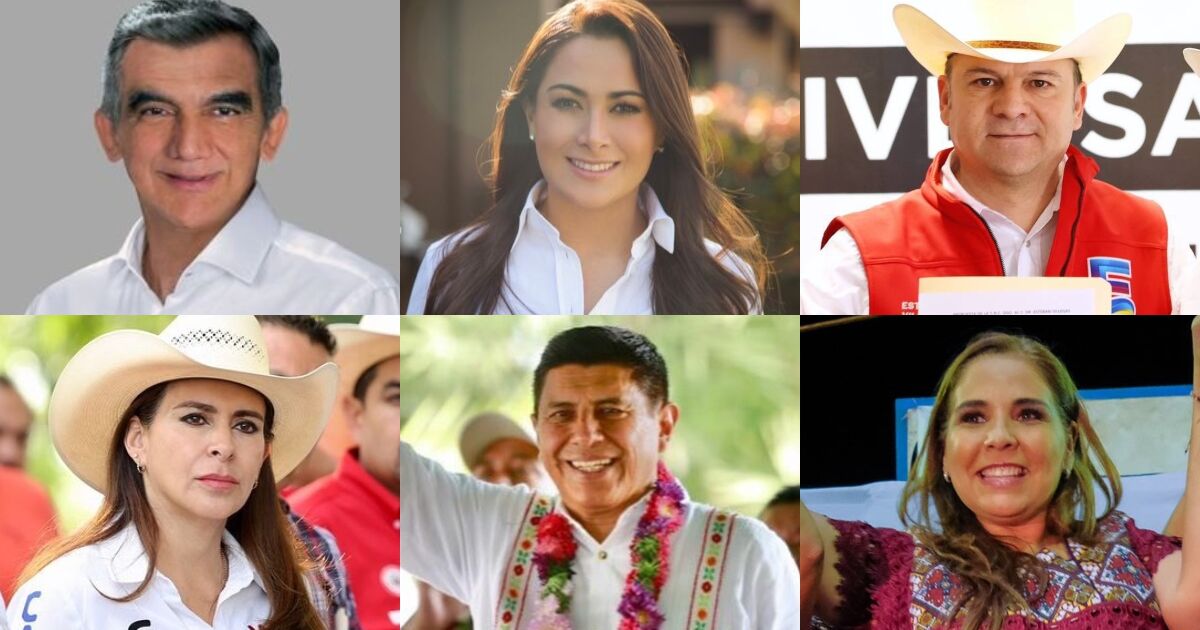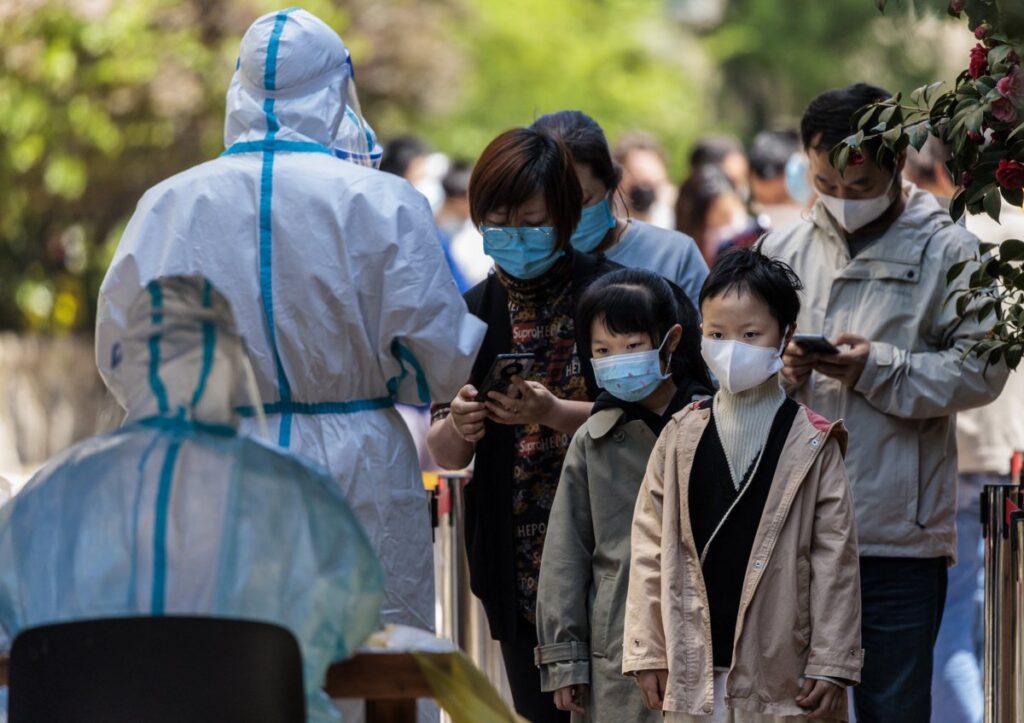Parity in elections 2022
For this year’s elections, the national political parties must nominate at least three women as candidates for governorships: the candidacies that postulate individually as well as in coalition or in common candidacy are considered.
The national political party that nominated the most women was the PAN with four, followed by the PRI, PRD, PT, Partido Verde Ecologista de México, Movimiento Ciudadano and Morena, who nominated three, respectively.
In relation to the political-electoral actors, four nominated women, Fuerza por México Aguascalientes, Redes Sociales Progresistas Durango, Confianza Quintana Roo and Fuerza por México Quintana Roo; and four men, Nueva Alianza Hidalgo, Partido Unidad Popular, Nueva Alianza Oaxaca and Movimiento Auténtico Social.
Counselor Dania Ravel recalled that almost all of them obtained their registration after the last gubernatorial election, except for the Popular Unity Party, which participated in the 2016 local electoral process, nominating a man.
In the criteria, it was established that local political parties –in the case of newly created ones, as they do not have prior participation in this type of election– should preferentially nominate women as candidates for governorships.
While those who did have previous participation, will have to preferentially nominate as a candidate a person of a different gender than the one registered in the previous election.
However, the parties Nueva Alianza Hidalgo, Movimiento Auténtico Social, Nueva Alianza Oaxaca and Partido Unidad Popular de Oaxaca, regardless of their electoral alliance, only nominated men.
The counselor explained that these last two parties belong to an entity in which “women exercise their political-electoral rights… in a discouraging context, since it ranks first in the National Registry of Persons Sanctioned in Matters of Political Violence against Women. by reason of gender, with 46 cases”.
“We women have waited decades to say the least, to see our rights guaranteed, particularly regarding political-electoral rights, years have passed to even come close to exercising our legitimate right to be nominated and, therefore, to exercise public power. under conditions of equality and parity”, stated Dania Ravel.
The counselor asked national and local authorities to inform women that they are not alone on the road and to political parties to face their obligations and assume the commitment to strengthening and building parity democracy.
“It is time to move from saying to deed, quoting Mary Beard, if we do not perceive that women are within power structures, then what we have to redefine is power, not women,” she said.
Aguascalientes, for the first time will have a female governor
Adriana Favela commented that Aguascalientes will have a female governor for the first time, because all the candidates were for women, thanks to the “parity in everything” agreement.
“There we can take for granted that there will be more women elected as governors. We would already add almost 14 if this circumstance is completed, ”she indicated.
A similar case occurs in Tamaulipas, where all political parties, without any type of restriction, nominated male candidates.
For Favela Herrera it is time to explore alternation in governorships: “We should also think about the rule that alternation must also be sought, right? If they nominated men this time… we will have to nominate women in the next gubernatorial election.”
In this context, the electoral counselor commented that so far 11 of the 32 states have already been or are governed by women, and Aguascalientes would join.
In the six states, 25 candidacies were registered: 13 women and 12 men, for which he highlighted the need for, in addition to Hidalgo, local congresses to legislate so that political parties “have the obligation to nominate as candidates a person from the different gender, of the gender that they previously postulated, so that precisely this alternation takes place”.

















